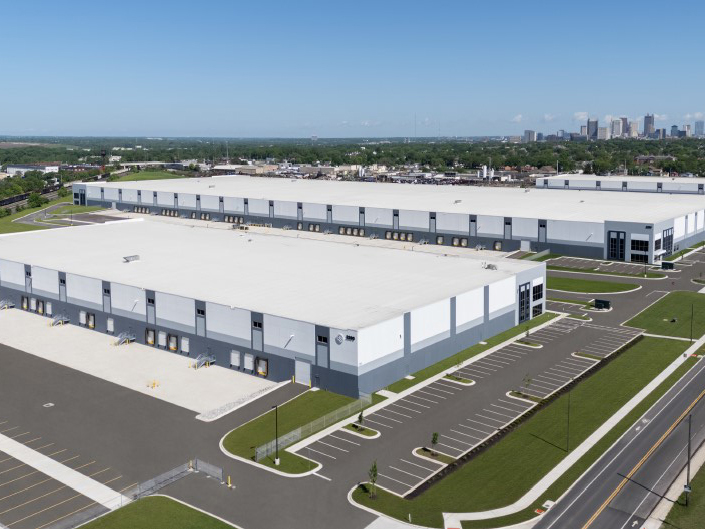Deloitte’s 2024 CRE Tech Takeaways
CPE columnist John D’Angelo reveals the mixed results of a worldwide survey.
In the November column, I promised to talk about the technology findings from Deloitte’s annual CRE outlook. The company conducts an annual survey of commercial real estate firms and compiles and publishes the results. This year, Deloitte surveyed 750 global real estate owner, operator and investor company CFOs from around the globe and asked questions about growth prospects to worries to technology trends.
Consistent with general pessimism for revenue in 2024, respondents indicated an unsurprising conservative position with respect to manageable expenses. Having said that, 61 percent of those surveyed reported they are in whole or large part dependent on legacy technology infrastructures that may have difficulty interacting with modern digital solutions.
READ ALSO: Will AI Take Over CRE?
The good news is that we’re seeing a sensible shift of those who reported that they are fully dependent on on-premises legacy systems—only 4 percent this year, compared to 8 percent last year—and we’re seeing encouraging movement of companies in the process of migrating to modernized systems.
Aging tech, aging sector
A curious finding from this year’s survey is that those who reported being “fully modernized” dropped from 15 percent last year to 5 percent this year. At first, I thought something was messed up with our results, and then it dawned on me that there’s a perfectly logical explanation: Respondents realize that the goal posts have moved and the definition of “fully modernized” has and will continue to change.
And now the really pesky part of the story. According to Forbes, as much as 60 cents of every dollar spent on technology goes to repaying technology debt—modernizing systems and technology platforms that have fallen behind. This is consistent with our observations at Deloitte, both on projects that we’re working on in the industry and those that our clients share with us.
Case in point, as recently as 2019, spreadsheets are the tool of choice in the industry 60 percent of the time for reporting, 51 percent for valuations and cash flow forecasting, and 45 percent for budgeting and forecasting, according to a study by the Altus Group. If the makers of said spreadsheets knew how mission critical their tool is for our industry, it would likely be much more expensive for companies with real estate industry designation (I won’t tell if you don’t).
READ ALSO: When Digital & Physical Converge
Unless we move away from spreadsheets for mission-critical applications, however, we’re going to have a really hard time attracting and retaining digital natives to our industry. The real estate industry continues to employ those 55 years of age and over at a rate that’s roughly twice that of banking and insurance combined (45 percent against 22 percent), according to a Deloitte Center for Financial Services study. And the real estate industry employs those in the 19- to 24-year-old cohort at 4 percent, compared to an average of 24 percent across all industries. Put simply, commercial real estate firms are contributing to challenges in digital adoption due to their approach to generational diversity, outdated job roles, talent processes and culture.
Skipping to the good part
There is some technology-related good news when it comes to both survey results and conversations we’re having in the market. Same as last year, respondents reported either being interested in, exploring, actively piloting or in production with solutions that leverage a number of advanced technologies.
Artificial intelligence and digital twins top the list of those advanced technologies being embraced by our survey respondents, a finding that likely surprises few. On the flip side, the bloom appears to be off the metaverse, cryptocurrencies and asset tokenization, with 21 percent, 15 percent and 12 percent of respondents indicating zero interest in these technologies, respectively.
I’ve said previously that the sheer volume of interest from clients in generative AI has been both significant and consistent pretty much throughout 2023, and it shows no indication of slowing down in the year ahead. We didn’t distinguish between AI and generative AI in our questions about adoption of emerging technologies, but only 3 percent indicated no interest in AI, and a whopping 75 percent of respondents reported being somewhere along the spectrum of piloting or being fully implemented with AI-based solutions. Bravo!
John D’Angelo is a managing director with Deloitte and is the firm’s real estate solutions leader, designing solutions to address client challenges and push the industry forward. With more than 30 years of experience as a management consultant to the global real estate industry, John has helped some of the biggest names in real estate leverage technology and use data to optimize and transform their operations.









You must be logged in to post a comment.